
Discover Life Inc
Adding Life to your Life



“A happy family is but an earlier heaven.” – George Bernard Shaw
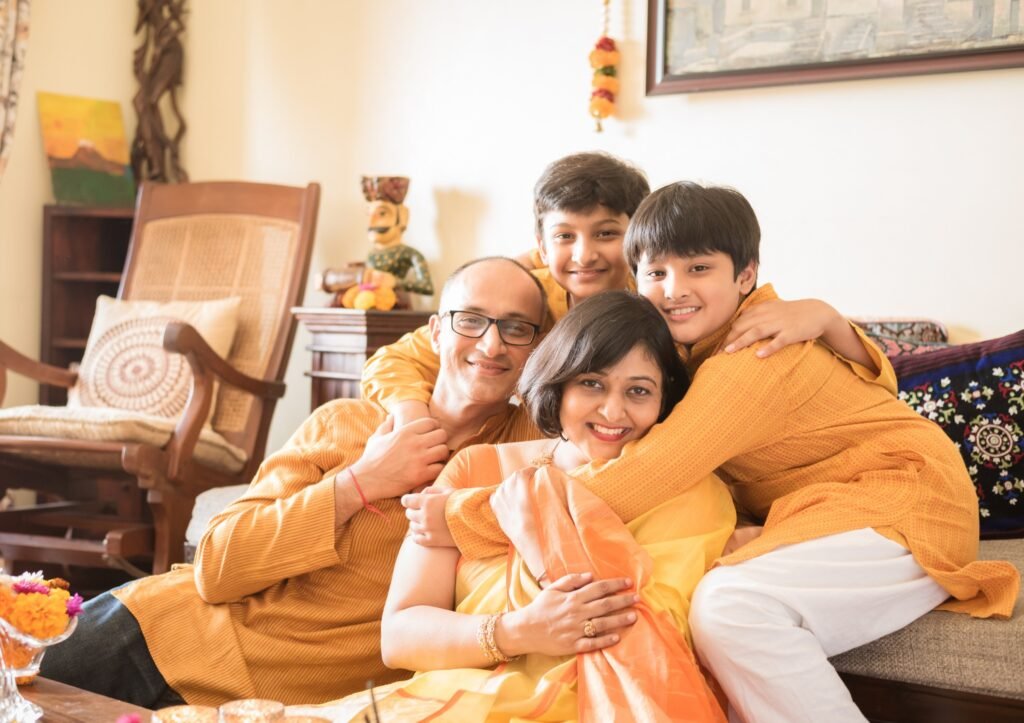
Family counseling—also known as family therapy—is a structured form of psychological support designed to nurture understanding, harmony, and communication among family members. It focuses on improving the emotional health and relationships within families, addressing the complex interplay of personalities, expectations, unresolved issues, generational differences, and life transitions.
In Indian and global contexts, families form the bedrock of identity and emotional support. But when tension, conflict, or disconnection creep in, the very support system can begin to feel fragmented. Family counseling offers a safe space to reconnect, rebuild, and realign.

Family counseling addresses a wide range of issues affecting family systems:




“The strength of a nation derives from the integrity of the home.” – Confucius
Family counseling doesn’t aim to point fingers or assign blame. Instead, it fosters emotional awareness, respectful communication, and constructive conflict resolution. The core purpose is to:
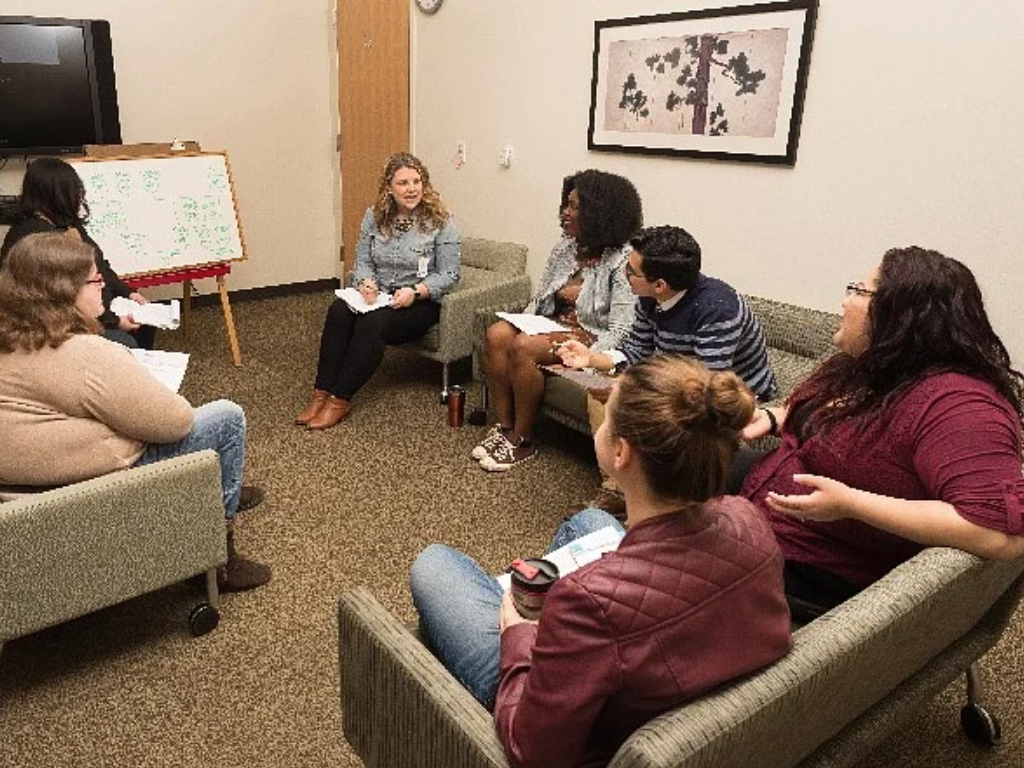



No family is “perfect,” but every family can learn to thrive together with awareness and intention.
Family Counseling offers joint (and sometimes individual) sessions in a neutral, supportive setting. The counselor facilitates open communication, helping members express concerns, clarify assumptions, and recognize behavior patterns.
Using dialogue, active listening, role-plays, and tailored interventions, families work toward mutual respect, healthy boundaries, and stronger emotional connections—guided by their unique needs.
“What can you do to promote world peace? Go home and love your family.” – Mother Teresa

Bridging Generations. Nurturing Harmony. Healing Homes.
“In every conceivable manner, the family is link to our past, bridge to our future.” – Alex Haley

Joint Family Counseling is a focused therapeutic approach aimed at resolving interpersonal conflicts, value clashes, and emotional stress within extended families living together. Particularly relevant in Indian culture—where joint families are seen as a symbol of unity, tradition, and support—this form of counseling helps restore balance when the very institution meant to offer stability starts becoming a source of strain.
A joint family system brings multiple generations, relationships, and personalities under one roof. While it offers emotional security, shared responsibilities, and rooted traditions, it also breeds challenges stemming from hierarchical roles, lack of privacy, interference, and value conflicts.
“When the roots are deep, there is no reason to fear the wind.” – African Proverb

When these challenges are left unaddressed, they lead to emotional disconnect, passive aggression, unresolved resentment, and sometimes painful breakdowns or separations.
“Grudges are a burden; let go and find peace—at home first.” – Bhagavad Gita (paraphrased)
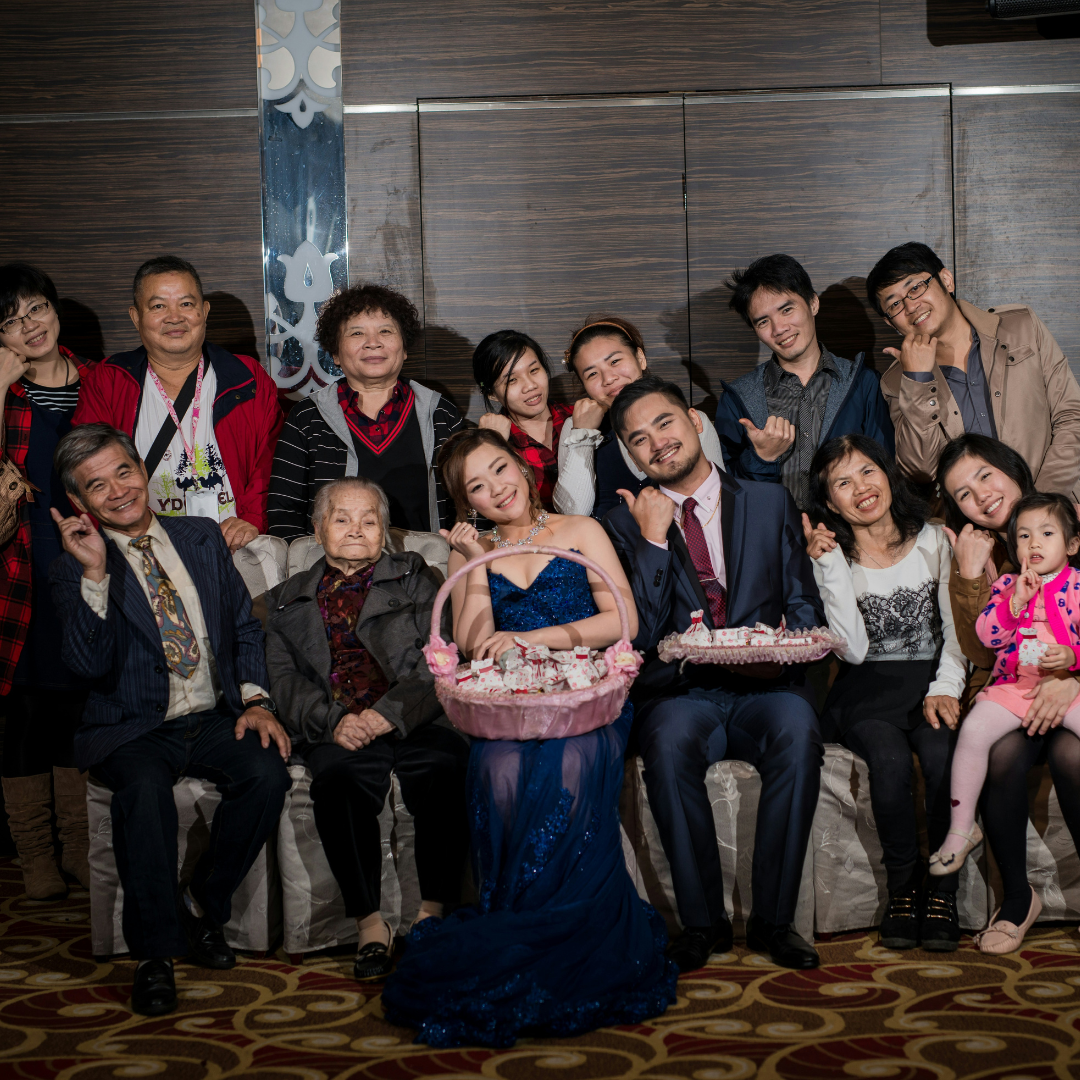
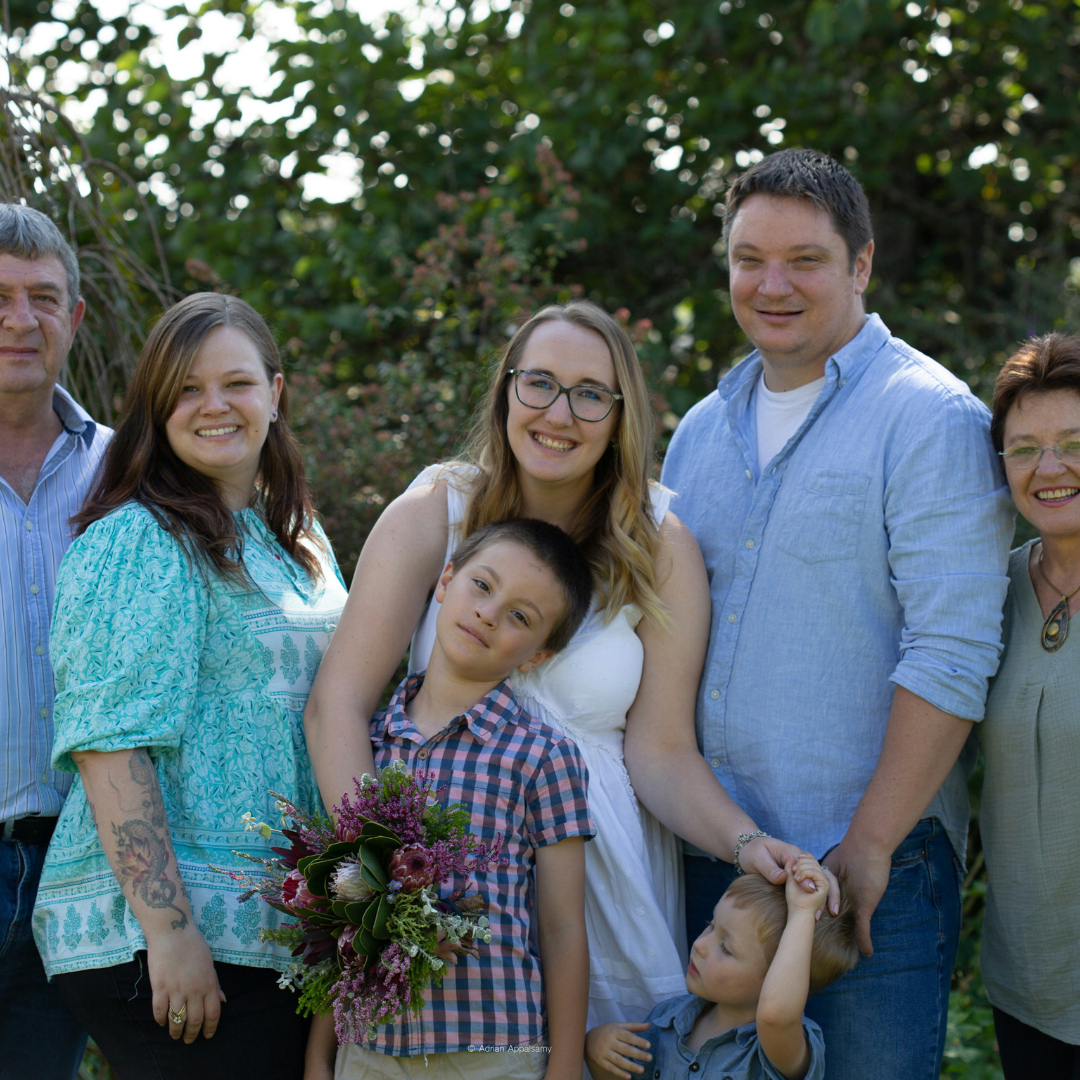
The primary aim of counseling is not to change family traditions, but to create a healthier emotional ecosystem where each member feels heard, respected, and supported. Joint family counseling helps in:
Joint family counseling blends the tools of family therapy, conflict resolution, and emotional coaching to provide customized interventions. Sessions may include:
These sessions are structured and solution-focused, often leading to deep emotional insights and constructive changes in everyday interactions.

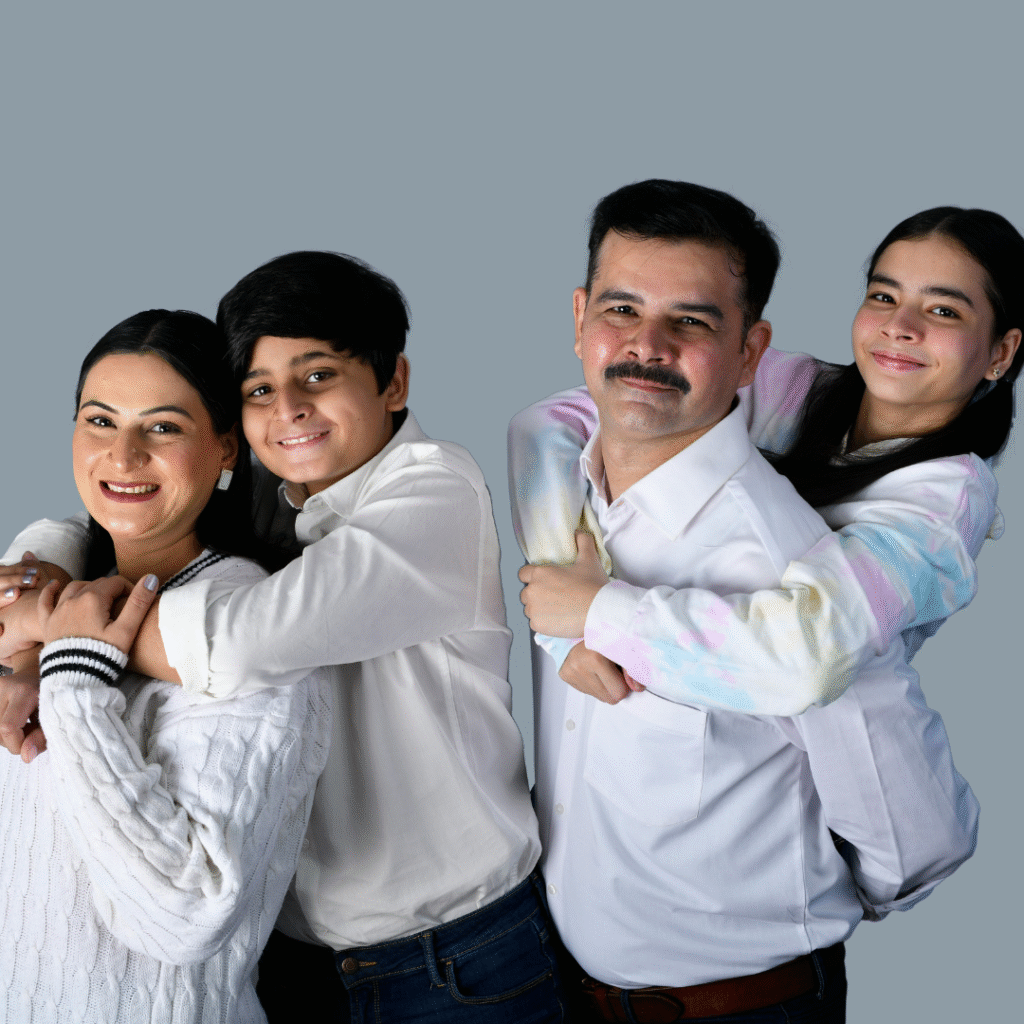
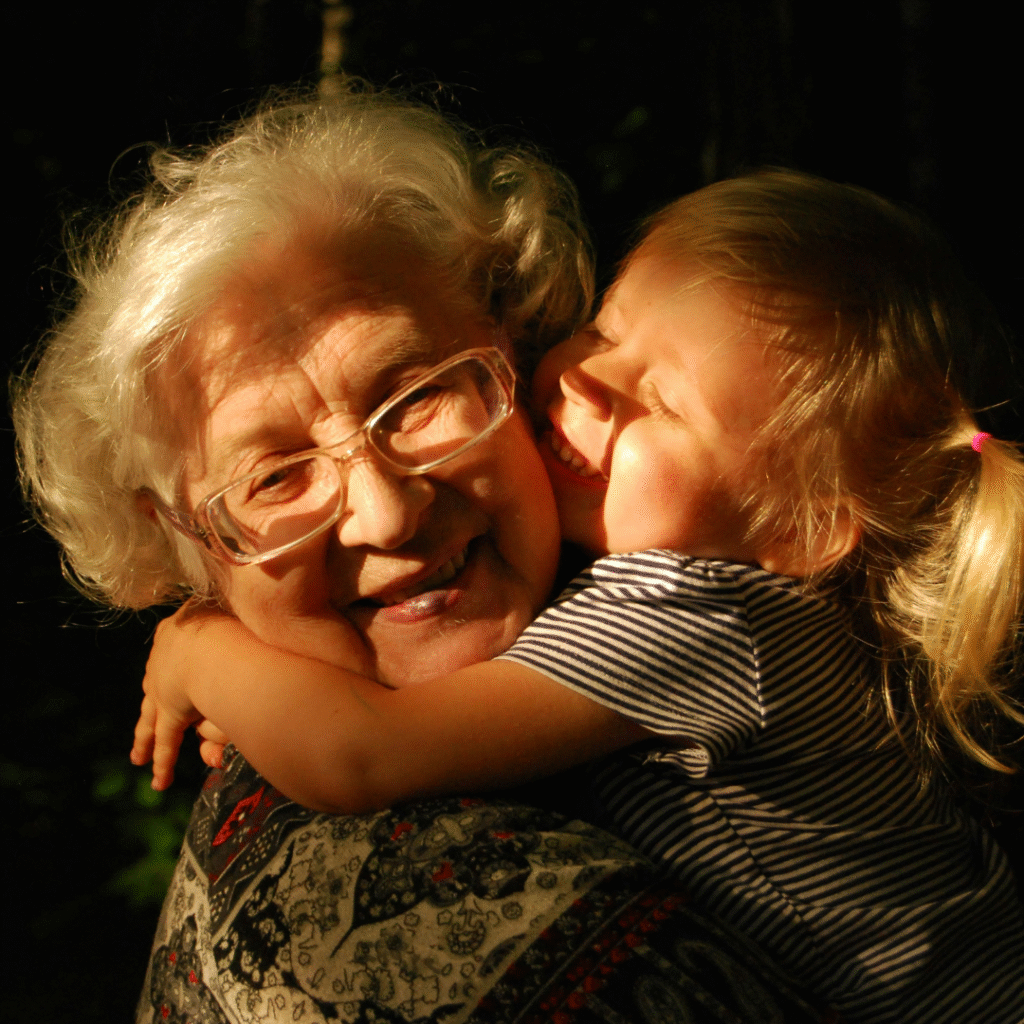
Whether your family is looking to prevent misunderstandings or repair deep-seated emotional wounds, joint family counseling can offer the tools and perspective needed to move forward with clarity and peace.

Sessions typically involve all key family members in a safe, neutral, and confidential environment. With the guidance of a trained counselor, families learn to:
The process is collaborative, paced, and empathetic, helping families move from chaos to connection.


“Let us make our homes centres of compassion, not centres of control.” – Dalai Lama
“Money is a good servant but a bad master.” – Francis Bacon

Counseling for Financial Conflicts is a structured, solution-focused therapeutic process that helps couples and families address money-related misunderstandings, misalignment of financial priorities, hidden debts, unequal contributions, or power struggles caused by finances. Money may not buy happiness, but unresolved financial issues often rob relationships of peace, respect, and trust.
In many Indian households, money remains a taboo topic, creating silent tension. Whether it’s between spouses, siblings, parents and children, or business-owning families, financial stress can trigger emotional disconnect, resentment, or even separation.
“The lack of money is the root of all evil.” – Mark Twain
But so is the lack of honest financial communication.

This form of counseling helps individuals and families:
Who Can Benefit?

Through structured sessions, a trained counselor facilitates open dialogue, goal alignment, budgeting strategies, and conflict de-escalation. It creates a safe, non-judgmental space to turn financial tension into teamwork.

Financial counseling in personal or marital contexts helps individuals and couples better understand the emotional and psychological impact of money-related stress. While outcomes can vary based on personal involvement, financial behaviors, and relationship dynamics, clients may experience the following:
“Money is only a tool. It will take you wherever you wish, but it will not replace you as the driver.” – Ayn Rand
These outcomes depend on one’s willingness to reflect, take financial accountability, and apply tools discussed during sessions. Counseling does not offer financial products or wealth guarantees—it helps foster healthier financial mindsets and relational harmony.
“The biggest communication problem is we do not listen to understand; we listen to reply.” – Stephen R. Covey

Disagreements and miscommunication are common in every relationship — but when they become frequent, unresolved, or emotionally charged, they can damage trust, intimacy, and mutual respect. Counseling for Disagreements & Miscommunication helps individuals, couples, and families understand the root causes of conflict, improve communication skills, and foster deeper understanding.
In Indian families, where generations often live under one roof and cultural expectations vary, small misunderstandings can quickly snowball. Whether it’s between spouses, parents and children, siblings, or in-laws, unresolved differences often lead to emotional distance and hurt.
“Speak when you are angry, and you’ll make the best speech you’ll ever regret.” – Ambrose Bierce

Scope & Purpose of This Counseling
Who Can Benefit?

Scope & Purpose of This Counseling
Through guided dialogue, emotional decoding, and behaviour re-framing, counseling builds mindful communication and emotional resilience. It empowers clients to move from conflict to connection and from reaction to reflection.

“The single biggest problem in communication is the illusion that it has taken place.” – George Bernard Shaw
Many relationship challenges—personal or professional—stem from miscommunication. Counseling in this area builds empathy, addresses emotional triggers, and teaches effective, respectful expression.
Possible Outcomes Include:
Improved Listening: Clients learn to truly listen, reducing misunderstandings.
Emotional Regulation: Techniques help manage reactions and prevent outbursts.
Stronger Relationships: Better communication often strengthens trust and respect.
Assertive Communication: Clients express needs clearly without blame or withdrawal.
Conflict Resolution: Tools like “pause and process” and shared problem-solving are introduced.
Trust Repair: Healthier communication fosters the rebuilding of trust over time.
Results depend on openness, willingness to change, and consistency in applying new skills.
“No one deserves to feel unsafe in their own home. Your voice matters. Your healing matters.”

Emotional or physical abuse, often referred to as domestic violence, is a pattern of controlling, coercive, threatening, or harmful behavior in relationships. It can be subtle—like gaslighting, silent treatment, or constant criticism—or overt, such as physical assault, threats, or intimidation. Abuse is not limited to marital relationships; it can exist between partners, parents and children, or other family members.
Counseling for emotional or physical abuse offers a confidential, non-judgmental space where survivors can begin to understand their experiences, reclaim their voice, and rebuild their confidence and sense of safety.
“You may not control all the events that happen to you, but you can decide not to be reduced by them.” – Maya Angelou

Scope & Purpose of This Counseling
Challenges Faced by Survivors
Survivors of abuse often battle fear, isolation, low self-esteem, societal stigma, and financial dependency. Many are unsure whether what they’re experiencing qualifies as abuse. Cultural and family pressures can further silence victims, especially in Indian households where “adjustment” is glorified over personal safety and dignity.
“Where the mind is without fear and the head is held high…” – Rabindranath Tagore


Domestic violence counseling involves structured therapeutic sessions where survivors can safely explore their feelings, learn to set boundaries, and rebuild trust—first in themselves, then in others. It may include individual sessions, safety planning, group therapy, or referrals to legal and support services.
Some of the counseling approaches may include:
Counseling is not just about healing past wounds—it’s about creating a safer, empowered future.
Who Can Benefit?
While every journey is unique, many survivors of abuse experience

“Respect for the elderly is not a rule to follow—it is a value to live by.”
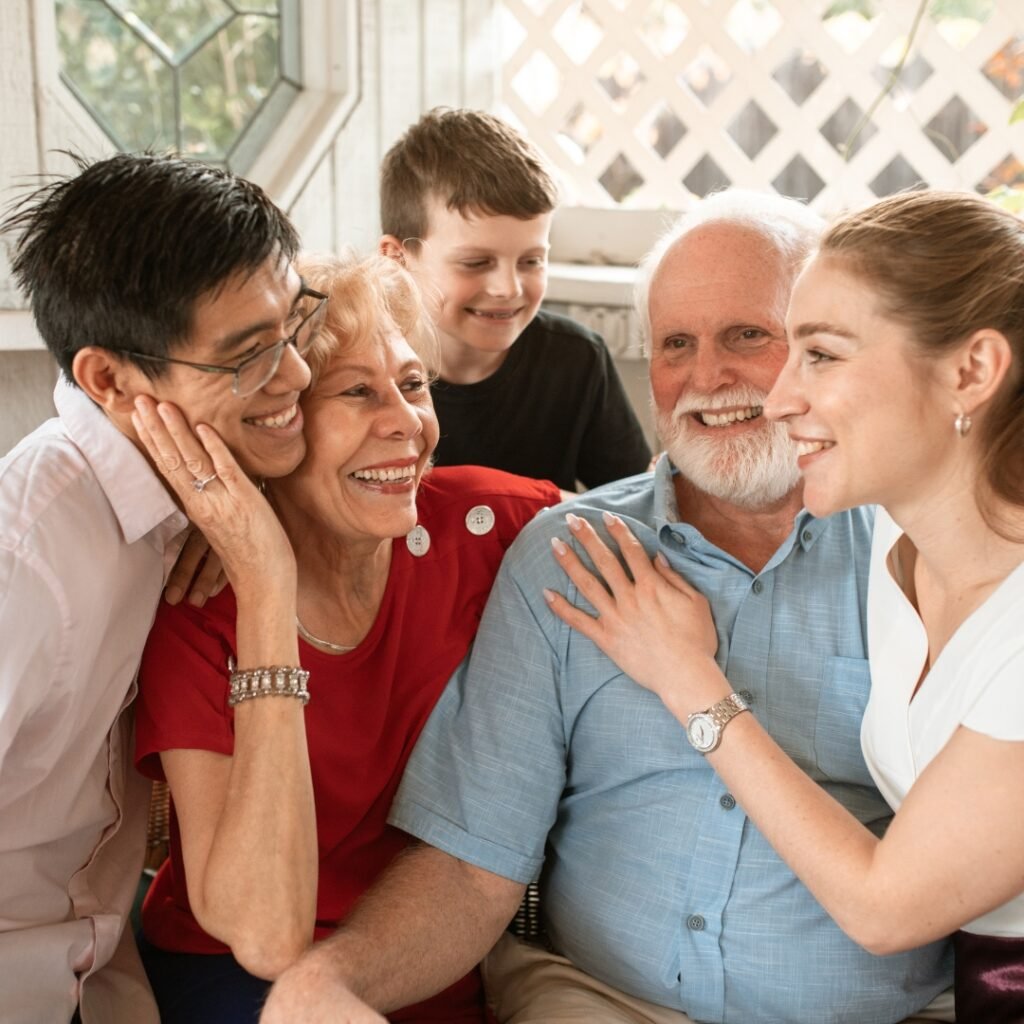
In every stage of life, family plays a vital role—but as parents and grandparents age, the dynamics shift. Counseling for elder care in the family focuses on guiding families through the emotional, psychological, and practical challenges of caring for aging loved ones. It creates a balanced environment of compassion, dignity, and understanding for both the elders and their caregivers.
As modern families move toward nuclear setups, caring for elderly parents—while managing careers, children, and personal life—can lead to stress, disagreements, and emotional fatigue.
“The best classroom in the world is at the feet of an elderly person.” – Andy Rooney

“Serve your parents as the gods—this is the eternal Dharma.” – Manusmriti
Purpose and Scope of Elder Care Counseling
Elder care counseling addresses challenges like role reversal, sibling conflict over caregiving, emotional strain in aging parents, and caregiver burnout. It helps families navigate miscommunication, unmet expectations, and shifting generational values.
The goal is to enhance communication, build empathy, and create care strategies that honor elders’ dignity and independence. Counseling also supports:
Decision-making on medical, financial, and living arrangements
End-of-life planning
Elder-inclusive routines and safety
Strengthening intergenerational bonds
Preventing emotional neglect or abuse

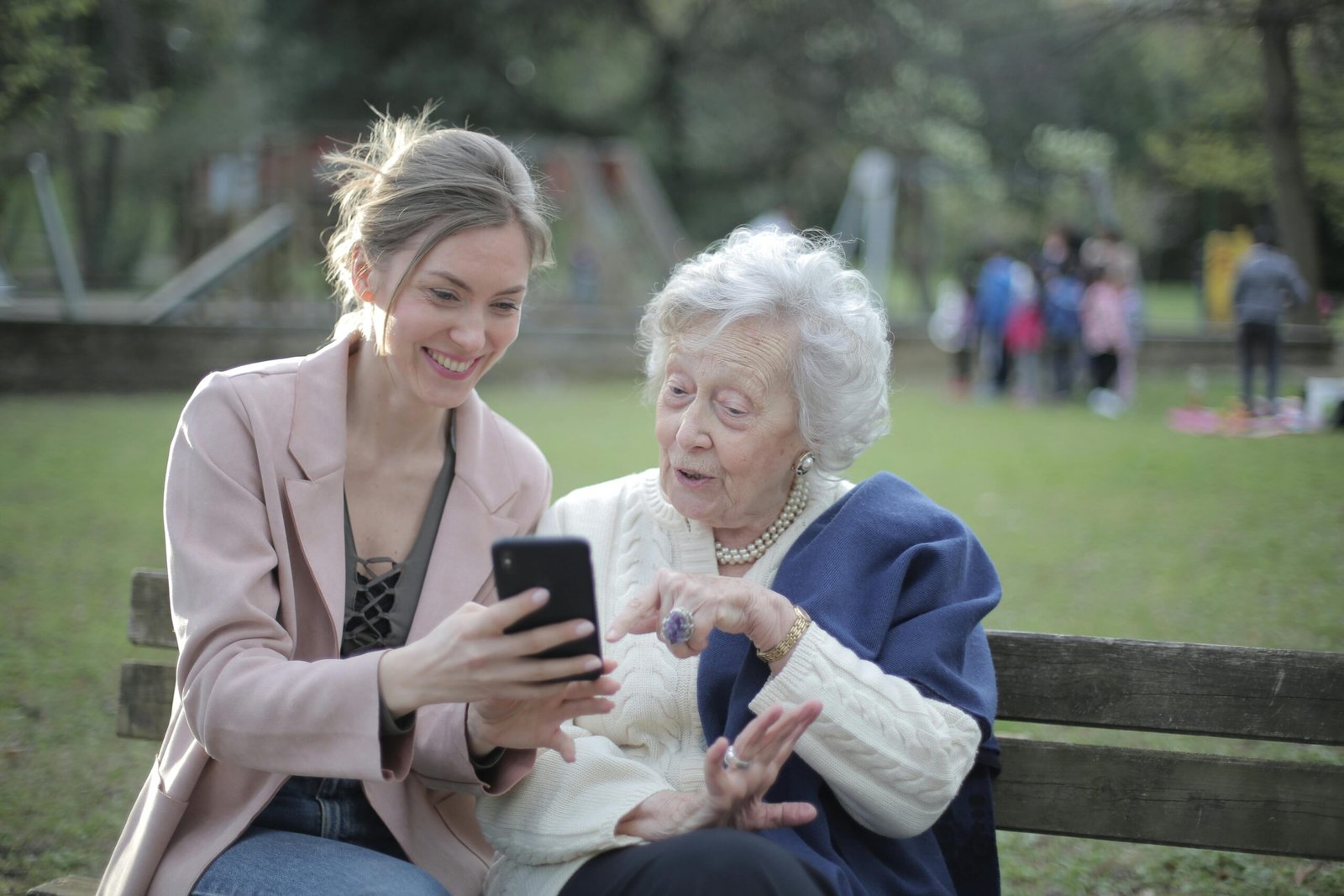

Through structured conversations and guided interventions, a trained counselor mediates family discussions, helps resolve tensions, and supports emotional well-being. Sometimes, individual sessions for elders or caregivers are recommended for deeper healing.
Possible Outcomes (Without Promises) – Counseling for Elder Care in the Family
Elder care can be emotionally, physically, and financially demanding for families—especially when responsibilities are unevenly distributed, expectations differ, or support systems are lacking. Counseling for elder care aims to help family members navigate these challenges with empathy, balance, and clarity. While results vary based on individual commitment, family dynamics, and circumstances, some possible outcomes may include:
“Caregiving often calls us to lean into love we didn’t know possible.” – Tia Walker
This counseling is not a solution to medical or logistical elder care issues but offers families the emotional tools and interpersonal wisdom to navigate this significant life chapter with dignity, unity, and grace.

Copyright © 2025 Discover Life Inc All rights reserved.